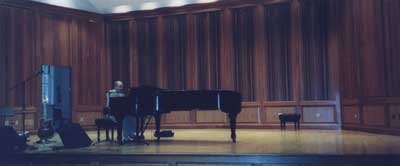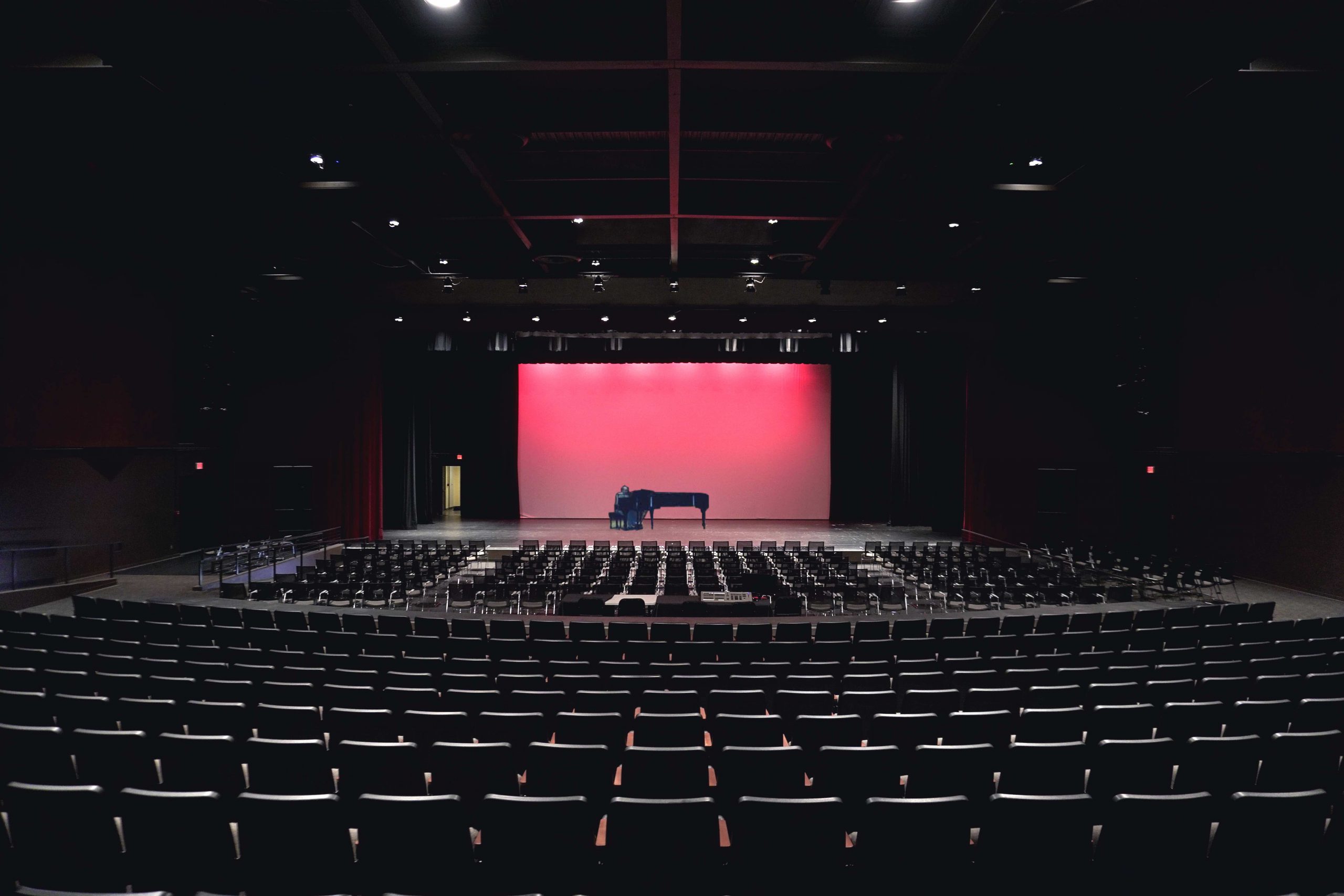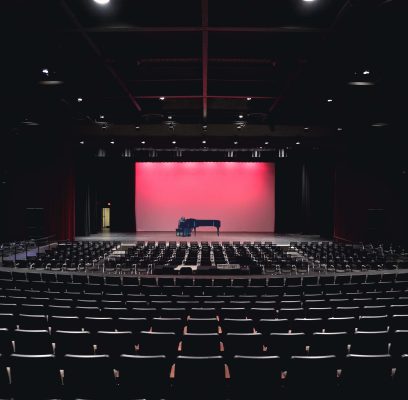 Piano is really my main instrument. I taught myself guitar and piano from the age of 15, and then started classical piano lessons at the age of 17 (practicing 4 hours a day), then went to UC Berkeley as a music major, where I took both classical and jazz piano lessons. I sang in the choir at UC because it was required, and while I enjoyed singing, I never took lessons. I was primarily a composer and a pianist.
Piano is really my main instrument. I taught myself guitar and piano from the age of 15, and then started classical piano lessons at the age of 17 (practicing 4 hours a day), then went to UC Berkeley as a music major, where I took both classical and jazz piano lessons. I sang in the choir at UC because it was required, and while I enjoyed singing, I never took lessons. I was primarily a composer and a pianist.
By starting The Bobs, I did not intend to leave piano behind. But, of course, the Bobs success led me towards singing more and more, and left me with little time for piano playing. (And with all that singing I got serious and started taking singing lessons.)
Before the Bobs, I was doing quite a bit of work as a pianist. My skill set is limited, but I dove in head first to just about any job…
While a sophomore at UC, a professor gave me a score to the Brecht/Eisler play “The Measures Taken” and encouraged me to arrange it and music direct a local production. I had no idea what I was doing, but the show became a huge success nonetheless. Based on its success, I was employed as the music director of the newly-minted center for the study of Bertolt Brecht, “Epic West”. I continued to learn on the job, about theatre, about Brecht, about arranging, about actors. It was all rather intellectual for my tastes, but I was grateful for all the experience.
When the noted interpreter of Brecht/Eisler songs, Ina Wittich, came from East Germany to give a California tour (1981 or so), I was recommended as the local Brechtian expert. Hah! One of my rules of life is to almost never say no to a job, so of course I said yes, and became her accompanist for the next two weeks.
Eisler’s songs are pretty easy, and Ina croaked them out in a Lotte Lenya kind of way. Piece of cake. But for our performance at UC San Diego, she wanted me to play Eisler’s Sonata for Piano. It’s dissonant and difficult technically. After 2 weeks of intense practice, I still was nowhere near having it. Onstage at Mandeville Hall in San Diego, in front of 900 or so people, I flailed my way through it, making up parts and then picking up the real notes where I could. After the show, at a wine and cheese deal, a music professor buttonholed me. He looked at me very seriously, and said that my ‘interpretation’ of the sonata was the absolute best he’d ever heard. Well, he certainly heard the piece as it had never been heard before 🙂
With the plum job of accompanying the diva of East Germany under my belt, I started to get other piano playing jobs. I got a gig playing for a semi-famous Broadway vocal teacher. Lots of private lessons, lots of practice transposing at sight (I could, at the time, play “Memories”, a big hit at the time, up or down any number of half-steps). But I was fudging my way, using the chord symbols to get the basics, and reading only some of the notes.
This teacher took me with her to teach a master class at UC Davis. A student put an intricate version of “I Could Have Danced All Night” in front of me. No chord changes – just thousands of fly specks! And she wanted it down a minor third – Aughghggh!!! I was freaking. This was not like faking my way thru the Eisler sonata in San Diego, these were notes that everyone would recognize. Everyone but me, that is, because I had only a fuzzy idea of the song, so faking it was beyond me. Uhhh…I played it, but I somehow grokked it was a waltz, so I was comping chords in 3/4. The student was totally lost, and stopped me. The teacher was puzzled – she thought I knew how to play, and how to read music. I’d fooled her for a whole year before she found out what a charlatan I am when it comes to reading music!

